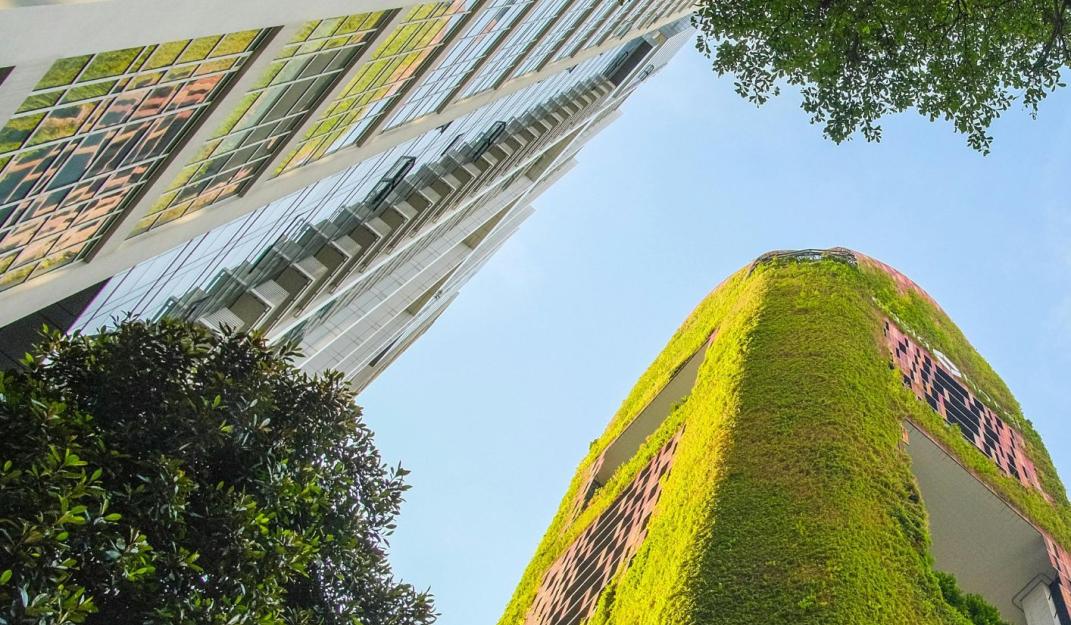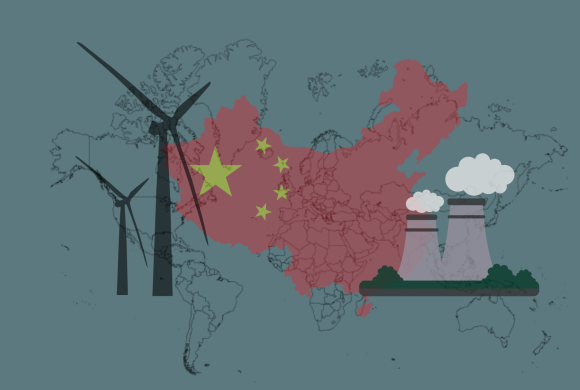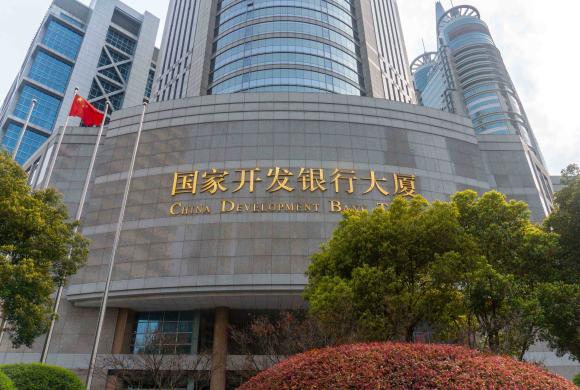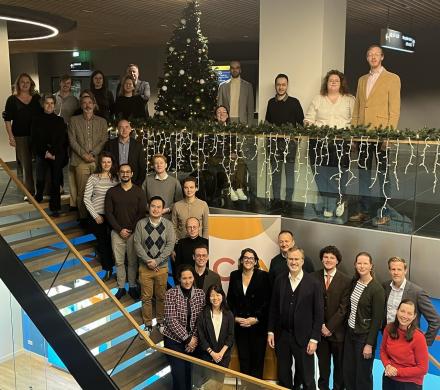#42 Sustainable Built Environment Cooperation Between the Netherlands and China

This report identifies strategic opportunities for advancing a sustainable built environment cooperation between the Netherlands and China. The following recommendations are drawn from the study’s cross-sectoral findings:
1. Strengthen Bilateral Dialogue and Standard Alignment
- Establish a long-term Sino-Dutch dialogue mechanism on green building standards and certification compatibility, aligned with the broader framework of EU policies and technical guidelines.
- Promote dual-certification demonstration projects to accelerate market entry and mutual recognition.
2. Leverage Dutch Innovation in Targeted Niches
- Focus on circular building materials, climate-adaptive facades, energy-positive housing systems, and digital asset management solutions.
- Support Dutch SMEs through export guarantees and green project co-financing.
3. Collaborate with Chinese SOEs and Local Governments
- Partner with SOEs such as CSCEC and CECEP for access to large-scale urban renewal and industrial park projects.
- Engage with demonstration zones (e.g., Xiong’an, Yangtze Delta GBA) to pilot innovative building concepts.
4. Foster Joint Research and Talent Exchange
- Launch joint research hubs with Chinese institutions (e.g., Tsinghua, CABR) focusing on carbon-neutral design, lifecycle assessment, and circular materials.
- Expand bilateral PhD exchange programs and short-term residencies tied to live projects.
5. Pursue Third-Market Cooperation Models
- Develop Sino-Dutch consortia for green infrastructure in Southeast Asia, Africa, and Latin America.
- Position Dutch planning and sustainability technologies alongside China’s financing and delivery capabilities.
6. Avoid Common Pitfalls
- Avoid directly contracting labor services in China.
- Align project messaging and objectives with Chinese narrative priorities (e.g., ecological civilization).
- Do not apply EU standards without adapting to local regulation and market conditions.
- Understand that SOEs operate under policy directives as well as market logic.
- Ensure proper IP and data governance agreements in all technology collaborations.
About the authors
Bowen Xu, Marie Skłodowska-Curie Fellow and currently a postdoctoral researcher at Eindhoven University of Technology (TU/e). His research focuses on sustainable structural design, structural applications of sustainable building materials, and the integration of circular economy principles into building systems. This report was written during his postdoctoral research at TU/e, with the aim of supporting Sino-Dutch cooperation in green buildings through evidence-based analysis of technologies, policies, and markets. Prior to his academic career, he worked at China State Construction Engineering Corporation, which provided him with practical experience and unique insights into China’s construction industry and institutional environment.
Jos Brouwers, full professor at the Department of the Built Environment of Eindhoven University of Technology (TU/e), where he leads the Building Materials research group. His research covers sustainable cements and concretes, the circular use of industrial by-products in construction, particle packing theory, and durability modeling. He is widely recognized for his contributions to eco-efficient building materials, having published more than 250 scientific papers with over 24,000 citations.
China Knowledge Network
The Dutch China Knowledge Network (CKN) is a network established to involve China experts and disseminate knowledge within the government of the Netherlands and beyond.Our key task is to connect various angles of research and events to better understand China’s motives, policies and vision to develop more effective policies and better advise social partners. The secretariat of the knowledge network has been assigned to think tank Clingendael together with LeidenAsiaCentre. They will function primarily as ‘knowledge brokers’, matching the supply and demand of knowledge.




